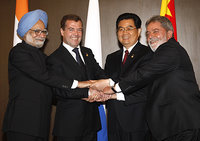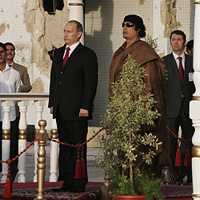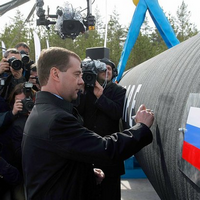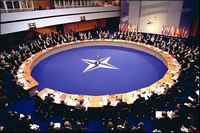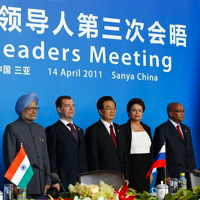
Representing around 40 percent of the world’s population and nearly a quarter of its economic output, Brazil, Russia, India, China and South Africa — the so-called BRICS countries — came together last week for a leaders summit to show off their growing global heft. The joint statement produced by the one-day meeting on China’s southern resort island of Hainan underscored the need for a realignment of the post-World War II global order based on the untrammelled supremacy of the U.S. The governing structure of international financial institutions, the statement said, “should reflect the changes in the world economy, increasing the […]


